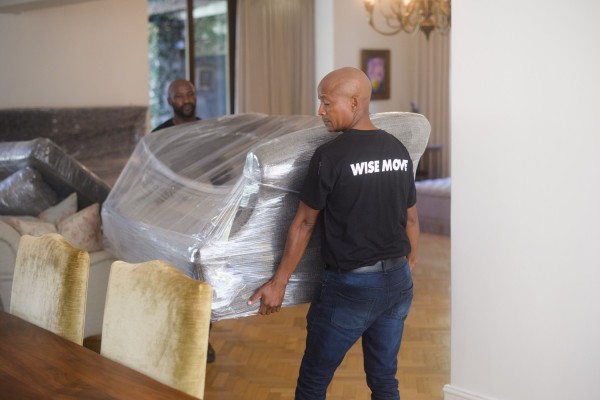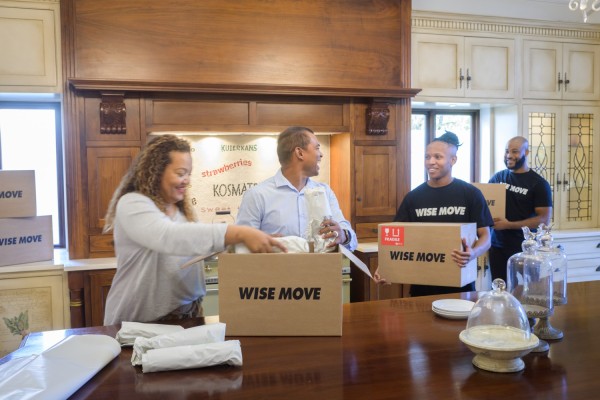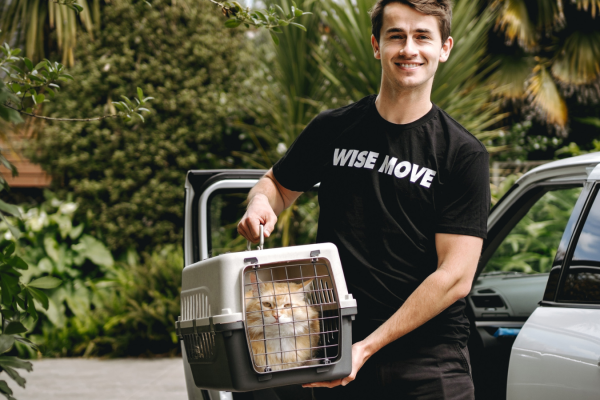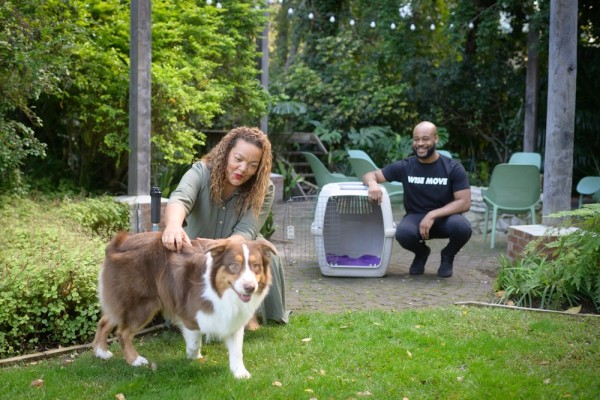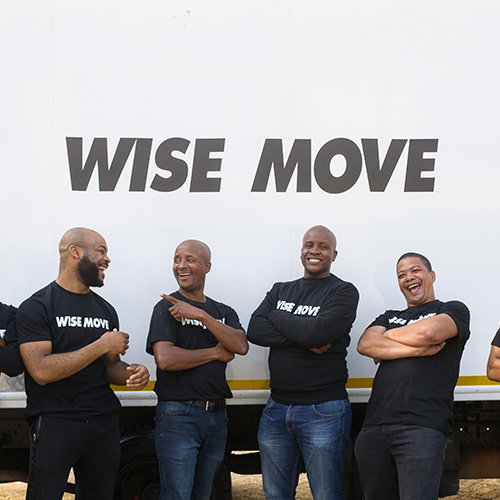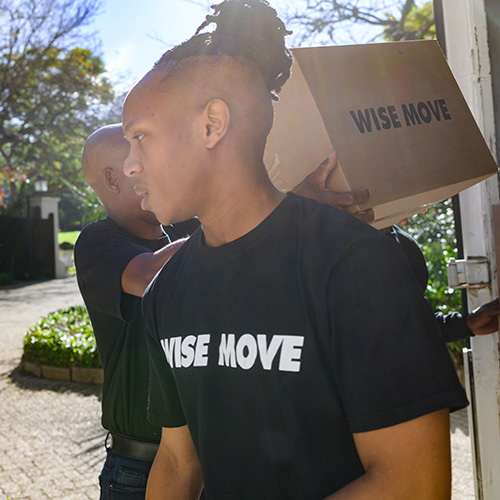Complete Durban Moving Checklist and Relocation Guide


Durban is famous for its relaxed pace of life, but even a chilled-out Durbanite can get stressed out when moving house. It’s an exciting project, but there are many details and variables involved that you might break a sweat even before it gets hot and humid on moving day. So it’s worth planning your move very carefully to eliminate any curveballs that you can prevent.
This is especially the case for moving across or from Durban. It's a city where the unexpected should be expected, from wild weather to power or water cuts to major sporting events that seize up the road network.
This guide provides a detailed moving checklist for a smooth relocation in Durban. Here you'll find practical advice on budgeting, packing, and finding the best local moving service.
Let’s get planning ...
Starting the moving process
The first golden rule for moving in Durban is no different to anywhere else: think ahead, and start planning early.
Here are some simple steps to get started.
-
Set a firm moving date (or if need be, a firm week).
-
Get the ball rolling 8 to 10 weeks before moving day.
-
Decide on your budget. Keep a close eye on your budget, and try to eliminate surprise costs.
-
Book your Durban moving service early to avoid missing out on the best options.
-
Peak season from December to January is the busiest moving time as families often move between school years.
-
Think through the logistics and traffic.
-
While Durban’s traffic is not usually as congested as Johannesburg’s or Cape Town’s, it can still seize up at inconvenient times and disrupt your move.
-
Consider choosing a moving day on which baseline traffic will be light, such as a weekend day or even a public holiday. Bear in mind that moving on these days might be slightly more expensive. You can compare quotes for different dates on Wise Move’s platform.
-
You’ll want to pack strategically when the time is right. Box your clothes, books and kitchenware room by room. If space and manpower allow, you can shift boxes or larger items to “holding areas” before move day. This helps prevent boxes from piling up in awkward, tight spaces in your home.
-
Take care of some important admin a few weeks before the move. Update your address on local services and utilities’ databases to ensure uninterrupted service.
Durban moving house checklist
Following this checklist will help guide you through your big Durban move:
Ten weeks before the move
-
Finalise your new address: If you still need to decide on your new address, you’ll first need to investigate which Durban suburbs are best for you. Which are closest to your work, or schools, if you have kids? Consider what your costs of living in Durban will be and which areas offer good value for money when it comes to rent or house prices.
-
Create a moving budget: Include moving service costs, the costs of buying packing materials, deposit amounts and connection fees for utilities
-
Book your moving company: Get quotes from movers in Durban and book a date to avoid having to pay a bit more if you book later. For smaller moves, it may be cheaper to go for a last-minute booking. Many movers can fit you into a backload from another client’s move in the other direction. But there are no guarantees, and peace of mind is precious in itself.
-
Book your storage space: If you need temporary storage, get quotes from local storage services in your area.
-
Declutter: Time to Kondo your condo—ditch anything you don’t need, use or love. If it’s rarely in use but of real sentimental value, by all means, keep it. But setting a high bar is always wise. Wondering where to take all your unwanted items? Find the best places to donate furniture in Durban.
-
Draw up a packing schedule: itemise your packing process into manageable tasks. It will make everything less daunting.
-
Inform your landlord or agent about the move: If you are renting, tell them you’re moving and set a date with them for the final inspection.
Six weeks before the move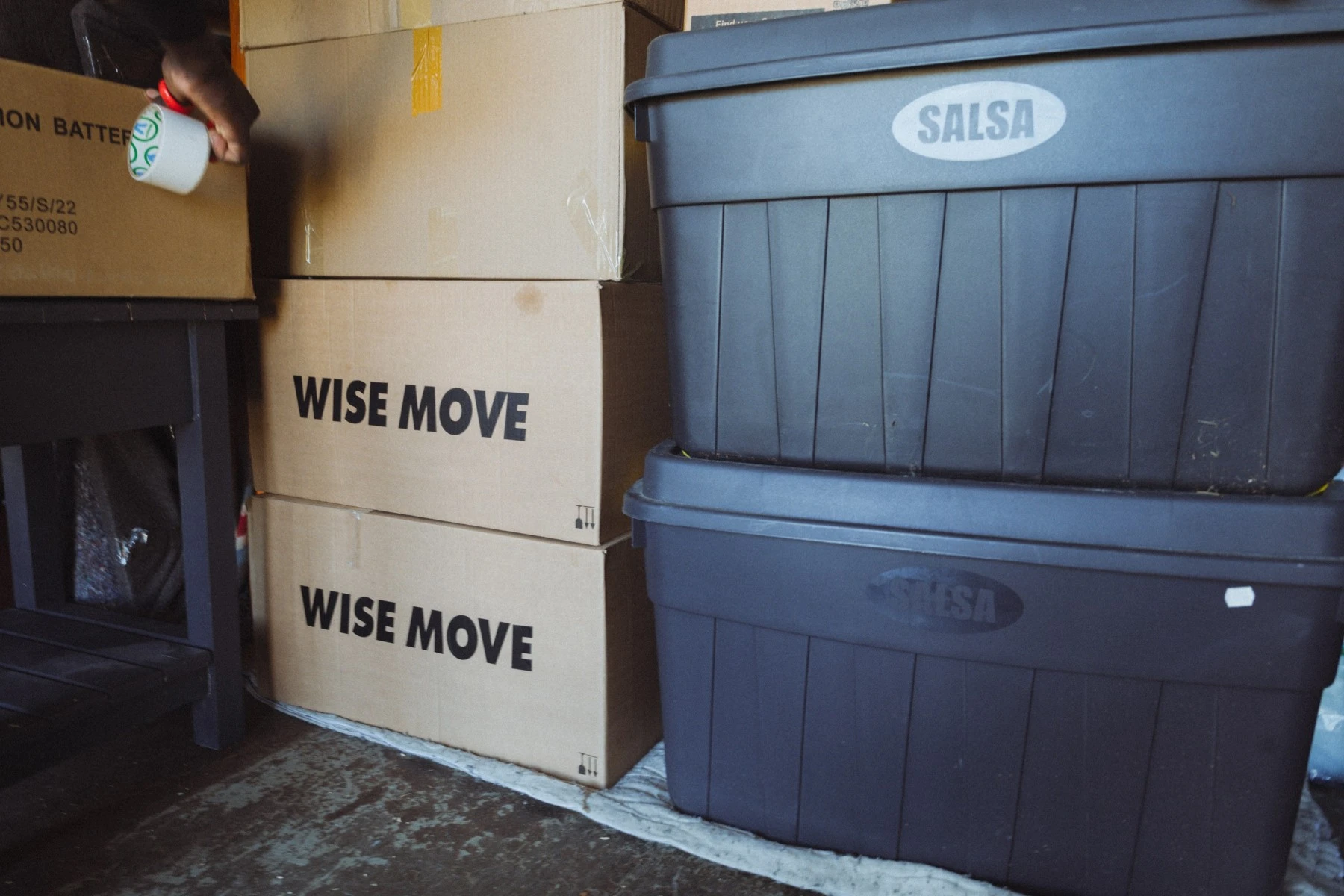
-
Order your packing materials: Add boxes, cartons, storage units, a tape dispenser and tape to your shopping list.
-
Pack with purpose: Start by putting items you won’t need before move day into packing boxes. If you need tips to get started, read our home relocation packing and wrapping guide.
-
Inform service providers of new address: Communicate with your municipal utilities, such as water, power, and refuse collection, that you'll be moving and provide them with an exact date. The same goes for other service providers, such as your bank, internet, security, subscriptions or official records that store your address.
-
List your fragile items: Create a shortlist of special, delicate and valuable items like artwork, electronics and other valuables. Make sure they are labelled accordingly, and your movers are aware they need to be moved in a special consignment.
-
Obtain a parking permit (if needed): Check if you need to secure parking permits for the moving truck. This may be necessary in busy commercial areas like Umhlanga or Durban North.
A month before the move
-
Communicate with movers: Confirm the details of the move with your moving service.
-
Book cleaning services (if you don’t employ a regular cleaner): Landlords may penalise you for leaving a mess and deduct cleaning costs from your deposit at an above-market rate.
-
Make special arrangements for loved ones: Consider what plans you need to make for your pets, young children, or elderly housemates. For example, can they spend the moving day at a friend's or relative’s peaceful home?
-
Inspect your new home: Check for anything that needs to be repaired or cleaned ahead of move-in day.
Two weeks before the move
-
Keep up the packing: Box and label all the stuff you won’t be needing till after the move, one room at a time.
-
Assign a carry bag for essentials you’ll need on move day: Include things like toiletries, a change of clothes, and important documents. You can finish packing it at the final moment.
-
Update your address details for official records: This includes your driver’s license and car registration. If you’re feeling very organised, you can even update your IEC voting district for the next elections.
One week before the move
-
Finalise your moving day plan: Make sure your moving team has all the information and details for the move, from arrival time and delivery address to full itinerary and list of fragile items.
-
Clean-up time: Book a cleaning company to come and give your current home a good clean, or at least tackle the time-consuming cleaning tasks.
-
Tackle the last of your packing: Pack up the remaining items that aren’t needed in the next week.
-
Confirm child or pet sitting: Your plans for pet and/or childcare on move day should be set in place to avoid stress on the day.
On moving day
-
Set aside a big enough parking place for the movers: You can mark it out with cones or pot-plants. If you live in a sectional title complex or apartment block, clear this first with the body corporate and/or superintendent.
-
Meet the movers: Give them a rundown of everything and let them know of any last-minute changes.
-
Do a final walkthrough of your old property: Check if you’ve forgotten anything important.
-
Inspect your new home: Check that any fixes, paintwork, and cleaning work have been done. Utilities should also be working. If not, contact the utility companies to find out why.
Settling in at your new home
-
Unpack, unpack, unpack: This can seem a daunting and exhausting task after all the work of packing up. Be gentle with yourself. Tackle the kitchen and bedrooms first. You can unpack the rest once the basics are set up.
-
Double-check your itinerary list: Make sure that all the boxes and furniture have arrived and have been put in the right rooms.
-
Take a stroll around the neighbourhood: This will give you a relaxing break from all the move-day drama, and give you a sense of your new surroundings.
Budgeting for your Durban move
Cost of hiring professional movers
- The cost of hiring movers in Durban will vary based on the total volume and the weight of your belongings, and the travel distance to your new home.
- Weekend moves typically cost more, with midweek moves being the cheapest.
- A late booking can work out much cheaper due to a backloading offer from a moving service. Some movers may be able to fit your load into the ‘empty’ return journey of another client’s move. But the certainty of booking early may be worth more to you than the possible savings.
Useour moving cost calculator to work out your moving expenses.
Costs associated with owning a home
- If you’re buying your new home, you’ll need to factor in costs such as property inspections, conveyancing and legal fees.
- If you’re selling, budget for marketing costs, agent fees and the cost of electrical, beetle or other compliance certificates.
Costs associated with renting
- If you’re giving up a rental lease, you should allow for some deductions from your refund due to wear and tear on the property.
- If you’re renting your new place, you should budget for the deposit and potentially a month or two of upfront rental payments.
- Other bills to consider include utility connections, packing supplies, and any parking permits you need on moving day.
To hire a mover or not to hire? That is the question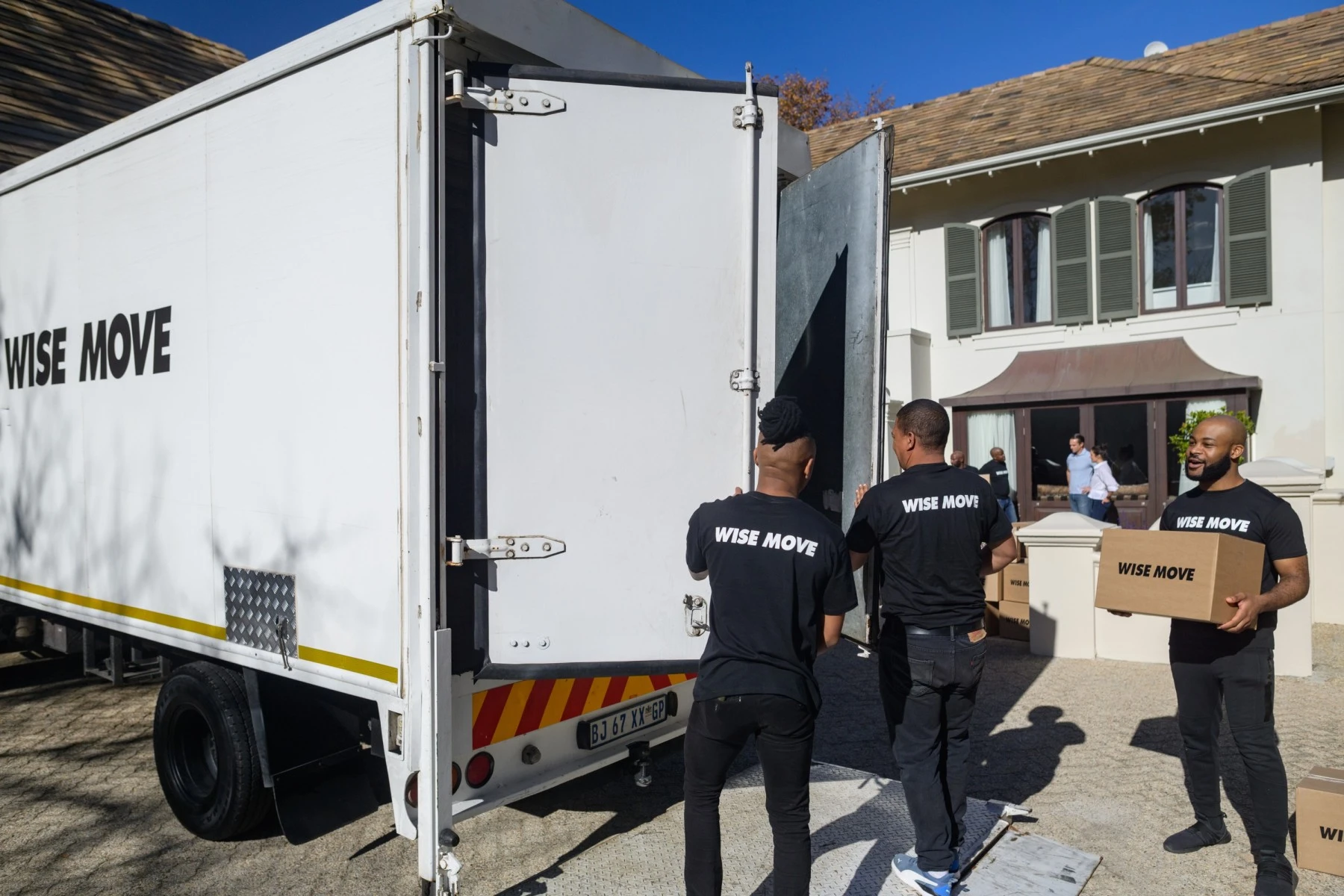
Should you hire a mover or drive yourself, assuming your load is small enough? That can be a tricky question. It's a tradeoff between higher cost on the one hand, and a higher risk of damage to your valuables and much harder physical labour on the other hand.
The insurance offered by movers is a big factor to consider. Knowing you’re covered against any losses is valuable when entrusting your worldly possessions to your moving team. Luckily, most professional moving companies include basic insurance coverage. Their professionalism is in itself an advantage. They know how to move everything safely.
If you do opt for a mover, there are sub-options to choose from. You could choose between a full-service move, a dedicated load, or a shared load.
Pros and cons of professional moving services and DIY moving
|
Type of move |
Pros |
Cons |
|
Full service |
Less stress, saving you time and effort |
Comes at a higher premium |
|
Dedicated load |
Cheaper than full service, with very predictable timing. |
More packing work and insurance paperwork than full-service. |
|
Shared load |
Lower costs and a smaller carbon footprint. |
Less predictable timing |
|
DIY / Truck hire |
Cost saving, with more flexibility |
More stress, hard work, complexity and risk |
If you’re going to hire a mover, make sure to compare quotes on the Wise Move platform, which can help you quickly find and book Durban’s best moving services.
Packing materials and supplies for your move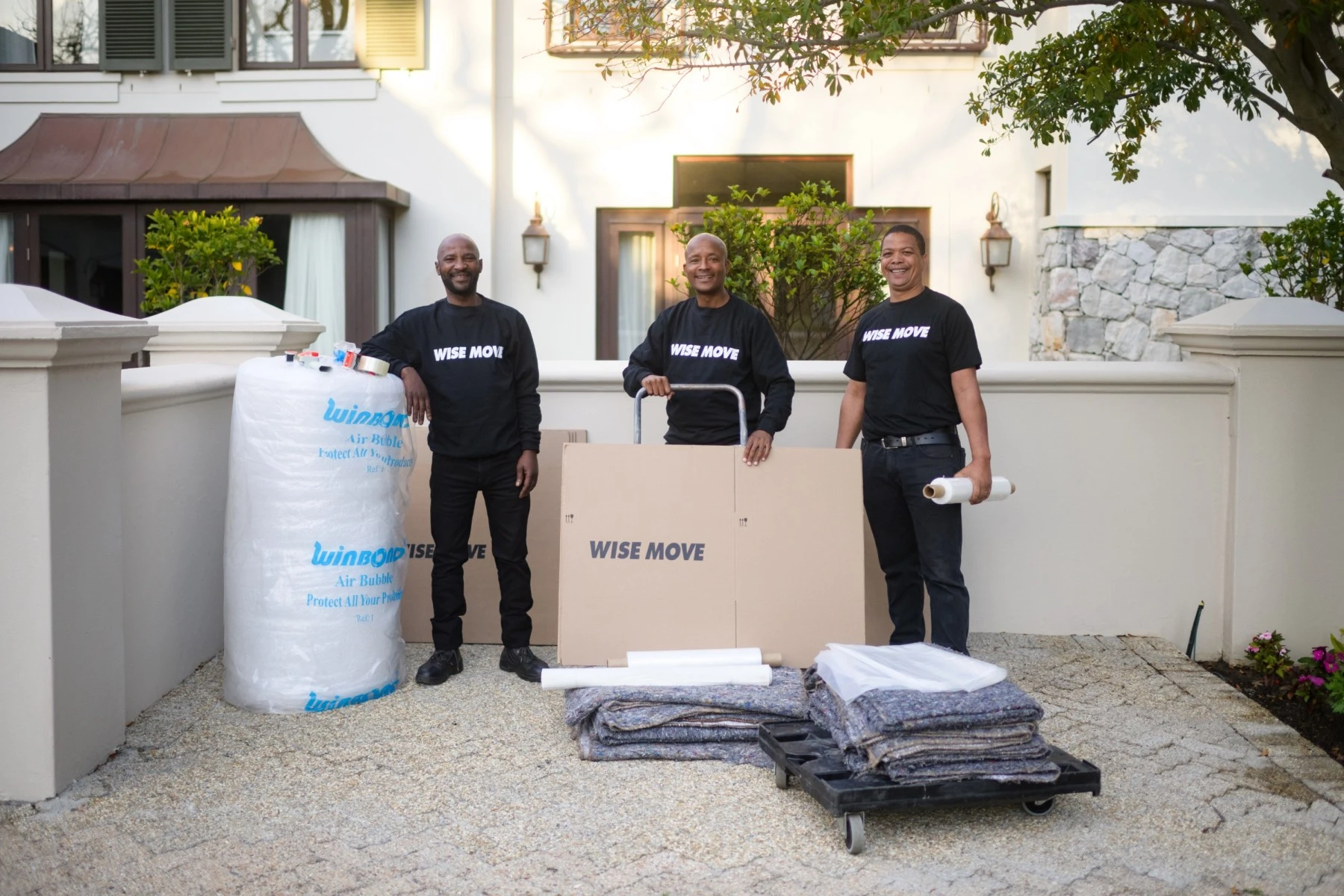
When our moving day is a long way off, we tend to tell ourselves, with breezy confidence: “And we’ll get some boxes and tape and stuff.” That’s true enough. But there are boxes and there are boxes. Exactly how many will you need? And what size, and what shape?
Here’s a rough guide to the quantities of packing materials you may need for a three-bedroom house.
Packing boxes
-
15-20 Small boxes for books, kitchenware, and fragile objects.
-
15-20 Medium boxes for clothes, kitchenware, and decor.
-
5-10 Large boxes for linen, duvets, coats and towels.
-
2-3 Wardrobe boxes for hanging clothes.
Where to get boxes
-
Buy new boxes: Several specialist box suppliers in Durban will deliver to you, from Hasmart to Pack Now to Ecobox.
-
Source second-hand boxes: Facebook Marketplace is a great place to find used boxes for your move. Takealot also supplies packs of second-hand boxes at competitive prices
-
Find free boxes: Discarded boxes can also be collected at supermarkets or recycling centres. Why not even ask your friends and family for their post-move leftovers? Or be savvy and save all your delivery packaging.
Packing tape
Don’t just fold your box lids and hope everything stays inside. Everything won’t. Tape them up nicely.
You will likely need about 6-8 rolls of tape for sealing your box lids. Don’t buy too few. You’ll always need more, and you don’t want to be rushing off to the store at the last minute either.
Where to buy tape
Major retailers like Builders, Takealot or PNA, or your local hardware store.
Bubble wrap and packing paper
-
One or two rolls of bubble wrap should be enough to cushion fragile items like glassware, plates, artworks and electronics.
-
Two or three rolls of packing paper will be needed to wrap up your breakables.
Where to get them
- You can buy both bubble wrap and packing paper at packaging suppliers like Box Shop or large online retailers like Takealot.
- Your moving service may supply them too.
Furniture pads and blankets
You will likely need 5-8 moving blankets to safeguard furniture, appliances and floor surfaces in both homes.
Where to get them
- Your moving company may provide furniture pads or moving blankets, or else hire them out to you.
- You can also order them from retailers such as Takealot and Leroy Merlin.
Plastic bins
These come in handy on moving day as they’re easy to carry, space-efficient and robust, and will prove very useful in future. Two or three plastic bins should do the trick.
Where to get them
Box suppliers, Builders, Leroy Merlin and Pick ‘n Pay Home all stock plastic bins.
The big move-out clean
When you leave a home, it’s good karma to leave it perfectly clean. And if you’re a renter, it’s also good sense, because even the nicest landlords love to deduct any expense they can find from your lease deposit.
If you employ a cleaner, make it clear to them that this is a deep clean of all surfaces, not a routine clean.
Start at the top and work your way down
- When deep cleaning each room, start high so that debris and dust don’t fall on a surface you’ve already cleaned.
- Begin by dusting the ceilings, lights, vents and curtain brackets.
- Next, dust or wipe the walls, windows, and finally the floors.
Tackle the kitchen
- Your kitchen will need special attention, especially inside the stove, and both on the underside and the top of the extractor fan or stove hood.
- Remember to clean behind and under the fridge, which you can easily forget about if you’re leaving it behind.
- Scrub all counters, sinks, and appliances clean. And don’t miss the tops of cupboard units.
Make your bathroom shine
- In the bathroom, scrub the tiles, mirrors and sinks.
- To whiten grey or mouldy grouting, apply a thick paste of water and baking powder (bicarbonate of soda). Then, leave it on for an hour, and rinse it off with water
Dispose of your rubbish
- Remove all trash or recyclables anywhere on the property or the pavement outside. This guide to drop-off sites in your area may help you find the nearest suitable recycling depot.
- Take it out before the final floor cleaning so you’re not dragging dirty bags through freshly cleaned rooms.
Give your floors extra attention
- Vacuum or sweep all the floors, below furniture and in hidden corners, and wipe skirting boards clean.
- Hiring a professional carpet cleaner may be necessary if any carpets are stained.
- Once you’re happy, take some time-stamped photos to document the state of the house when you left it.
Storage options and costs
If you don’t have time to unpack everything immediately, or if the new place isn’t big enough, put your stuff in a storage facility.
Storage costs in Durban are lower than in Cape Town and Johannesburg, as outlined in our guide to storage prices in South Africa.
- Monthly rates for large units range between R400 and R1300 per month.
- Facilities in outlying and industrial areas are more affordable than centrally-located spots.
Get insurance cover for your storage goods
While storage companies offer you standard insurance for your goods, it may be wise to supplement it with additional cover. This will safeguard you from potential damage or loss, especially if items are of value.
Caring for your loved ones on moving day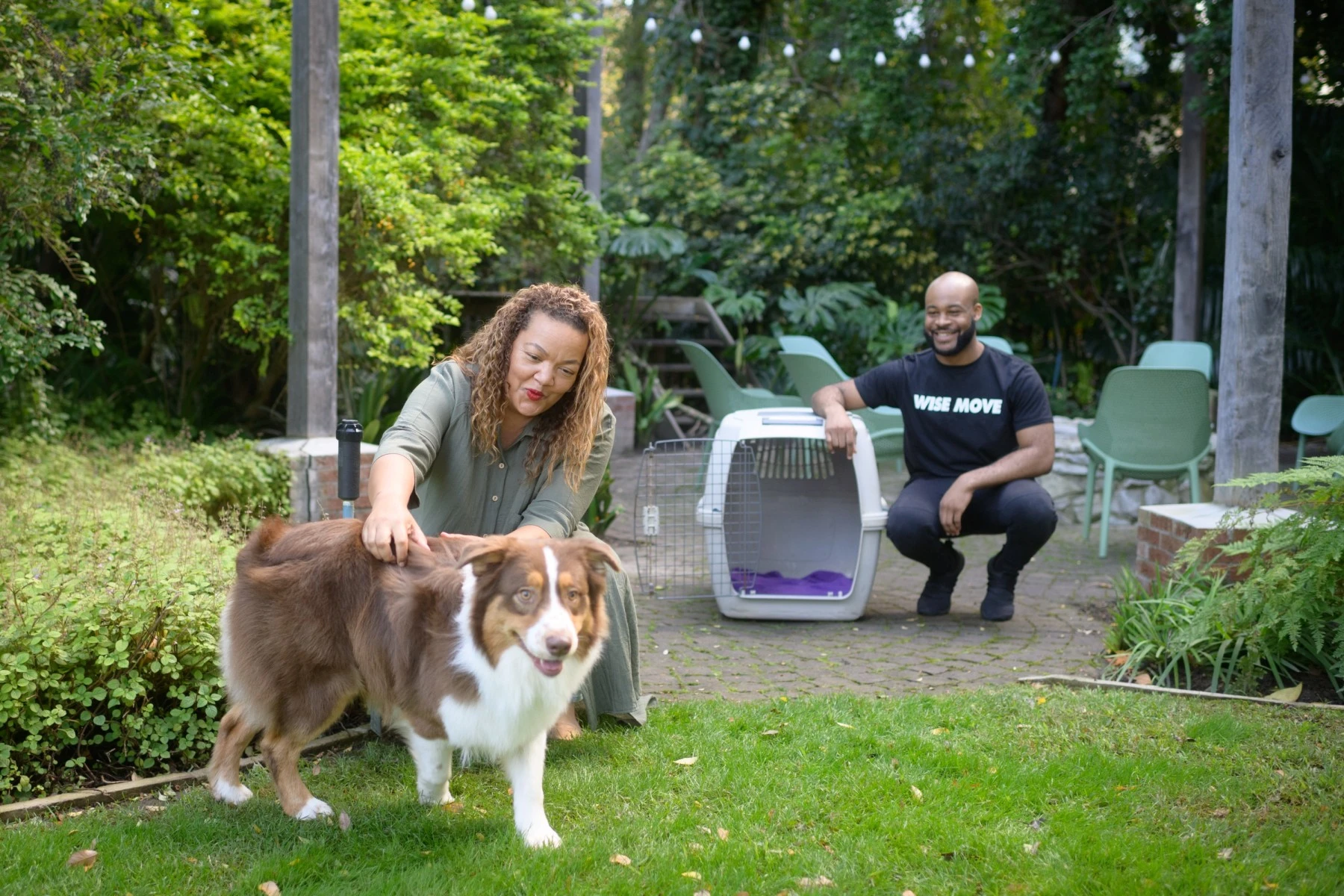
Moving is stressful, so you need to make plans to reduce disruption and anxiety for yourself, but also for kids, elderly relatives and pets.
Easing the pets’ move
Pets can be disoriented and upset by a move, particularly a long-distance one. You should pack a bag with all their essentials, including food, water, and perhaps a cosy toy or familiar bed or blanket. If it’s a longer trip, you can use Wise Move’s pet transport booking platform to find the best movers with the skills and experience needed to move your beloved furry children.
Keeping kids calm
Moving with kids takes a lot of planning and consideration. Younger kids can get manic on move day, which doesn’t help the mood of parents. Involve them in the packing process where practical, to keep them busy. On the day itself, it may be a good idea to take them to childcare or organise a play date with friends or relatives until the heavy lifting is done.
Elderly relatives
Moving is particularly daunting and frustrating for the elderly. If you’re moving with an older parent, maximise their comfort on moving day. Make sure they have an accessible bag with all their medication and precious stuff. It’s best if someone can accompany them on the move, to navigate any mobility challenges and make sure they’re OK.
Moving with a disability
A good starting point is to check out our guide on moving with a disability. The top tips are:
-
Have an accessible bag containing all the essentials they need to survive the day.
-
Check in advance that your new home is accessible, with wider doorways or ramps where necessary.
-
Knowing where local medical services are will help ease your nerves.
Choose a trusted Durban moving service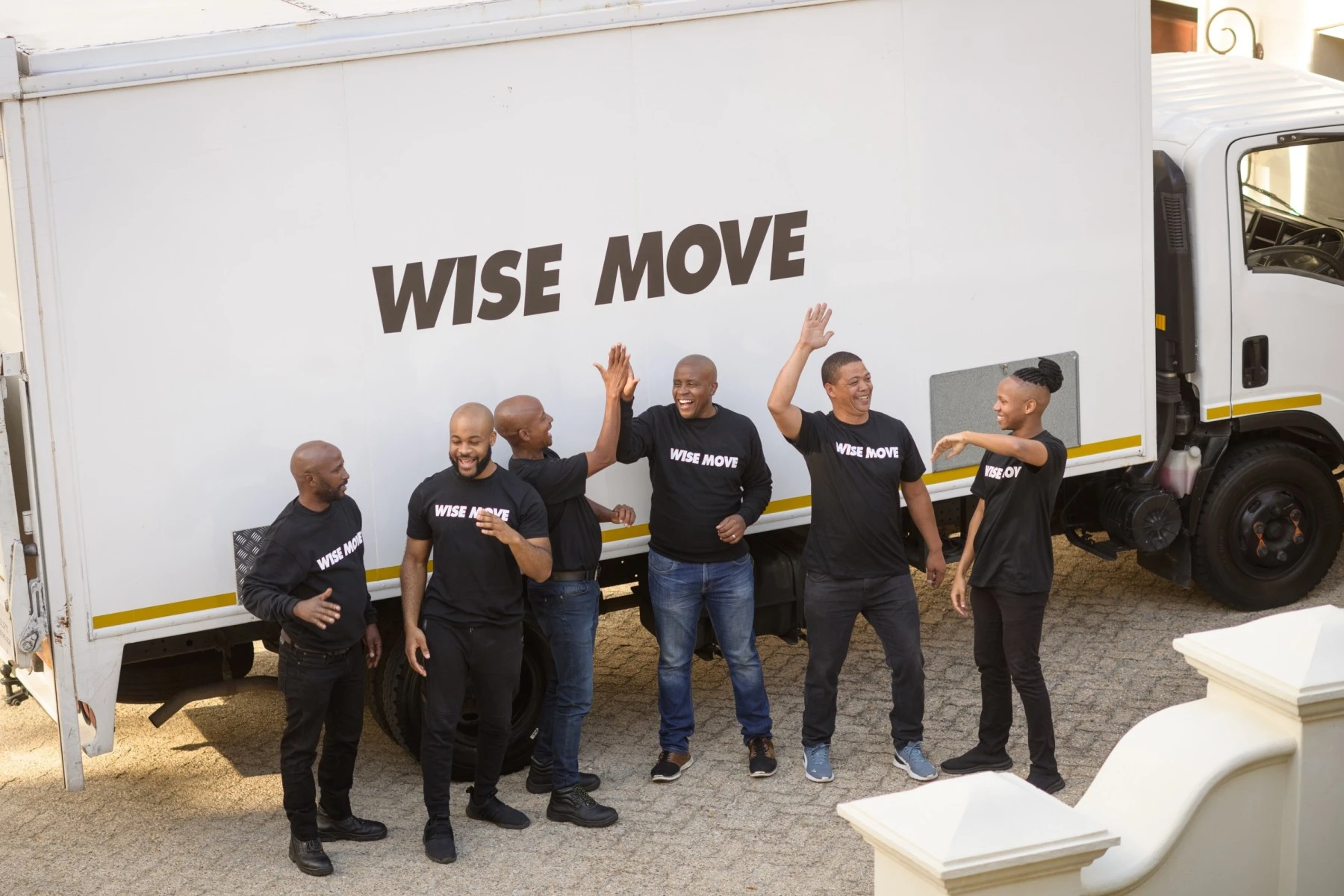
Moving in Durban, whether across town or out of town, is a big deal. That’s why finding a trusted, best-value moving service is essential. Using Wise Move, you can get quotes from reputable movers in Durban in one place, saving you the time and effort of contacting multiple companies individually. You can also read customer reviews, view mover profiles, check insurance coverage, and make an informed choice. This streamlined booking process will take a lot of stress out of your move within or to Durban.
What do our customers say?



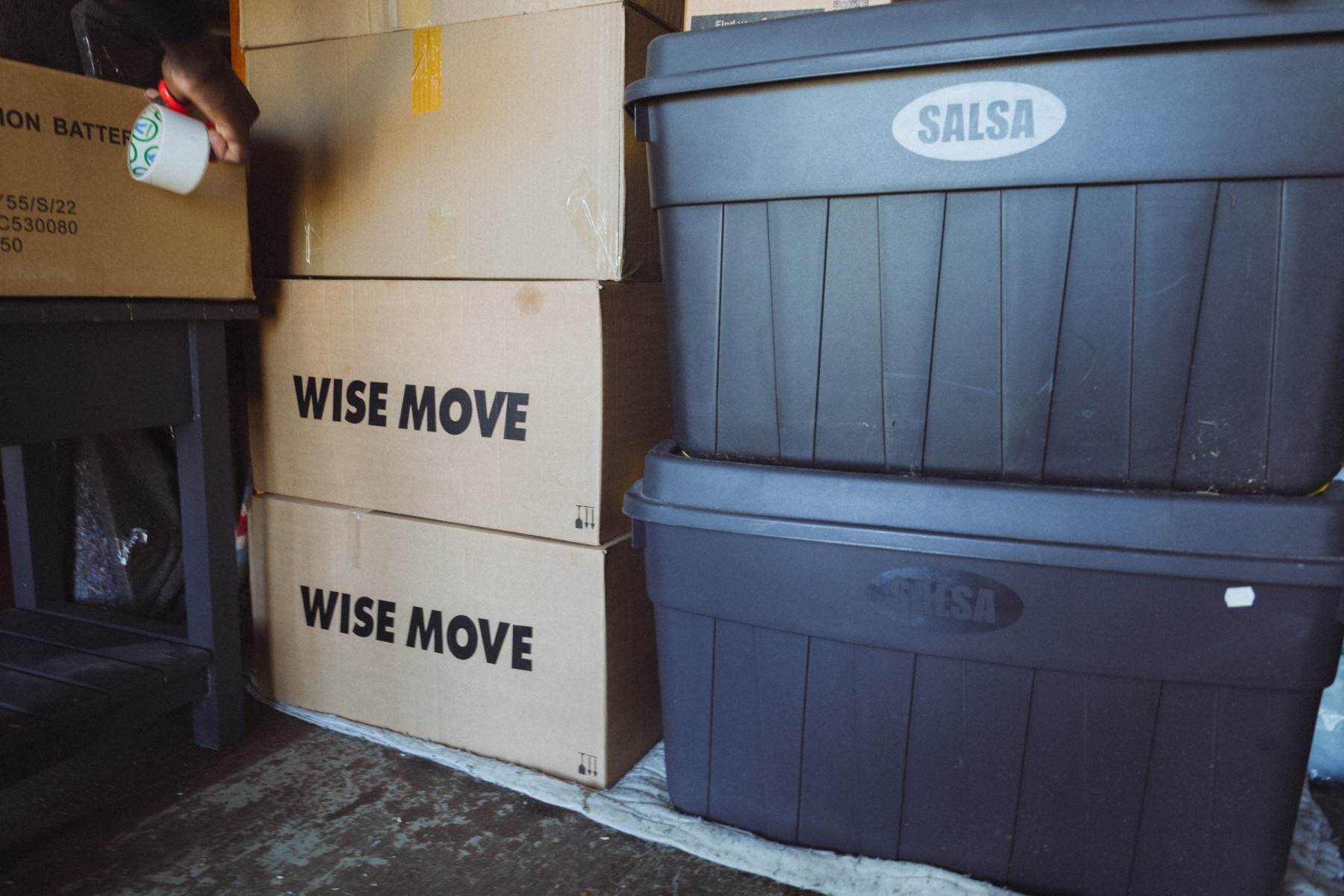
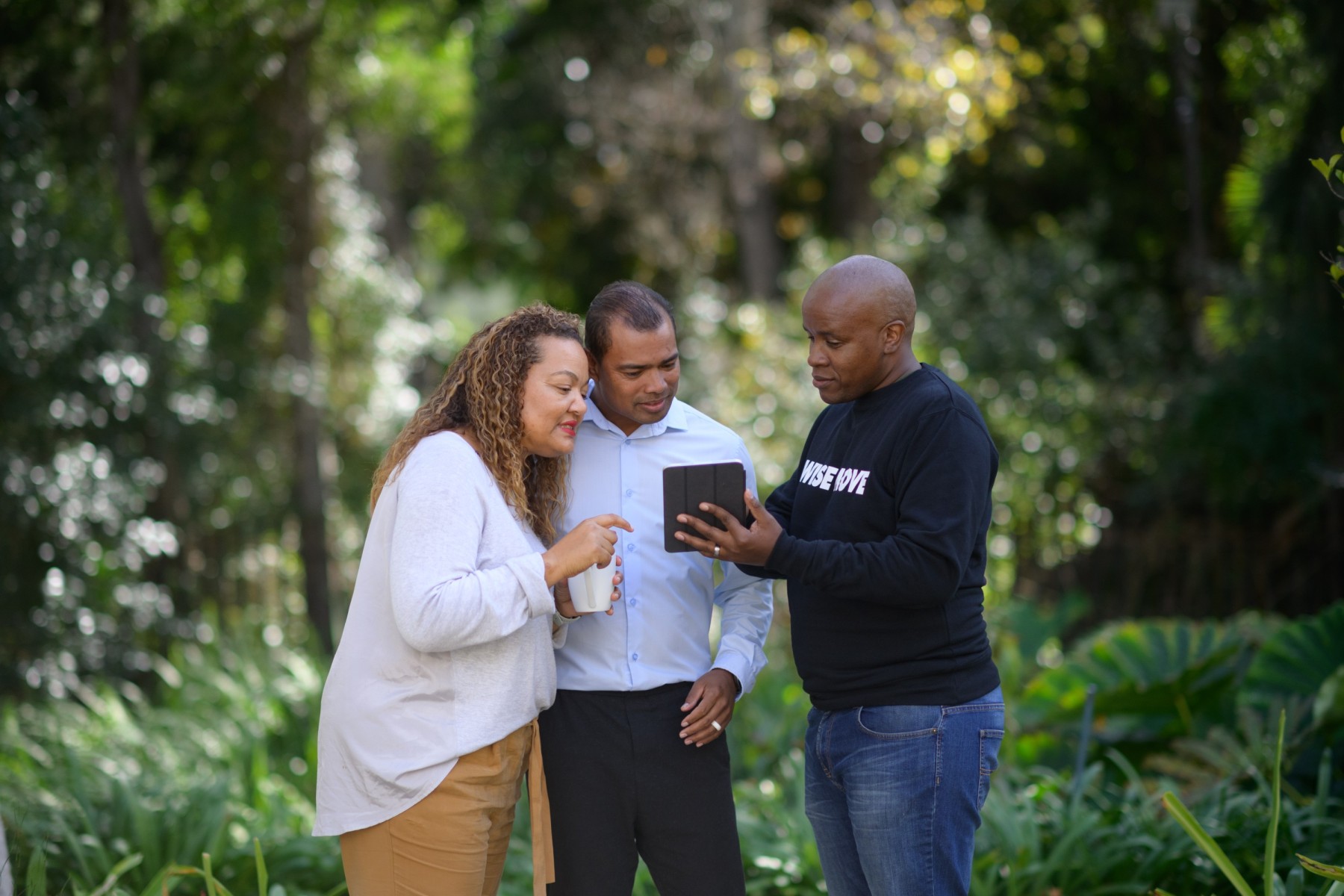

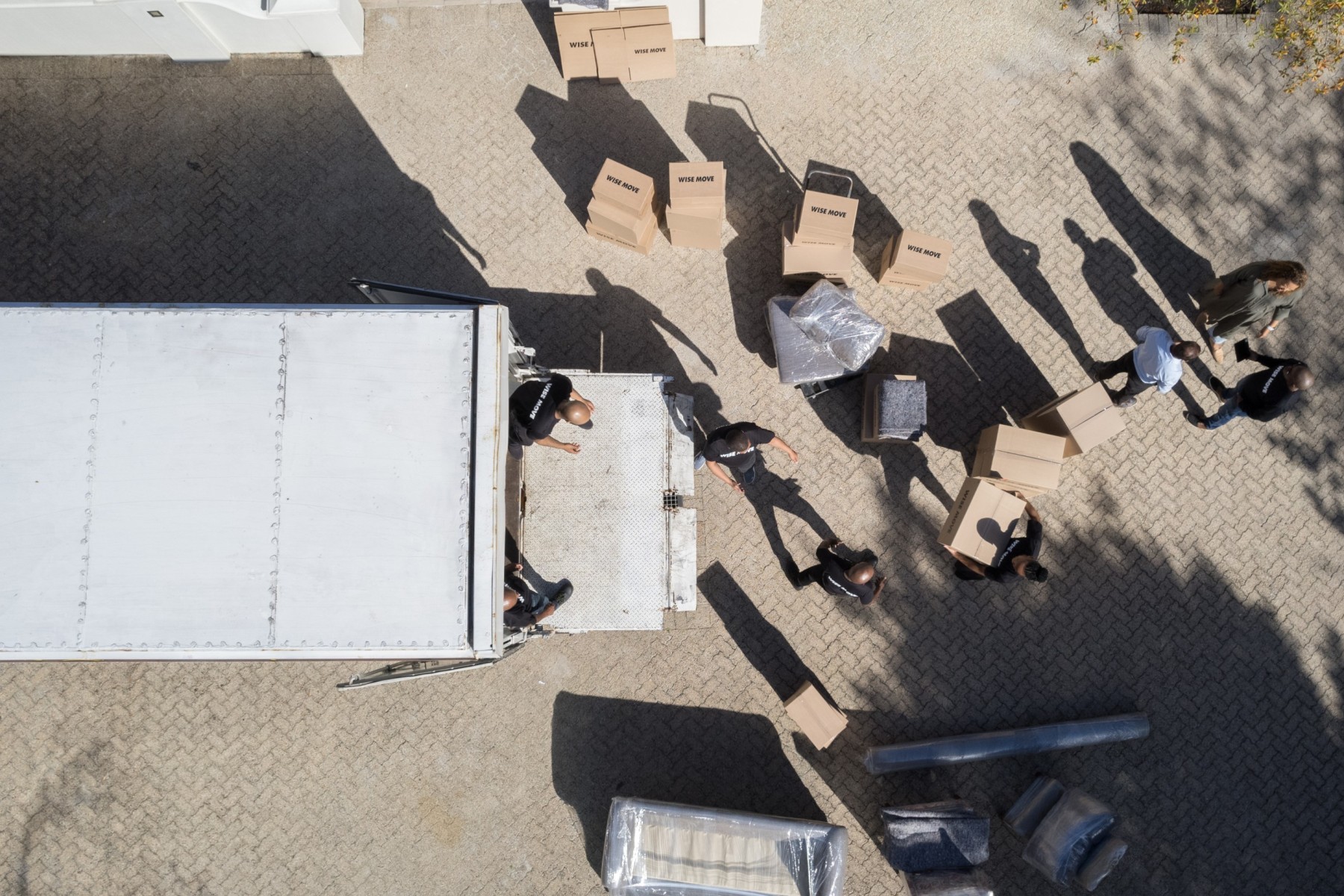


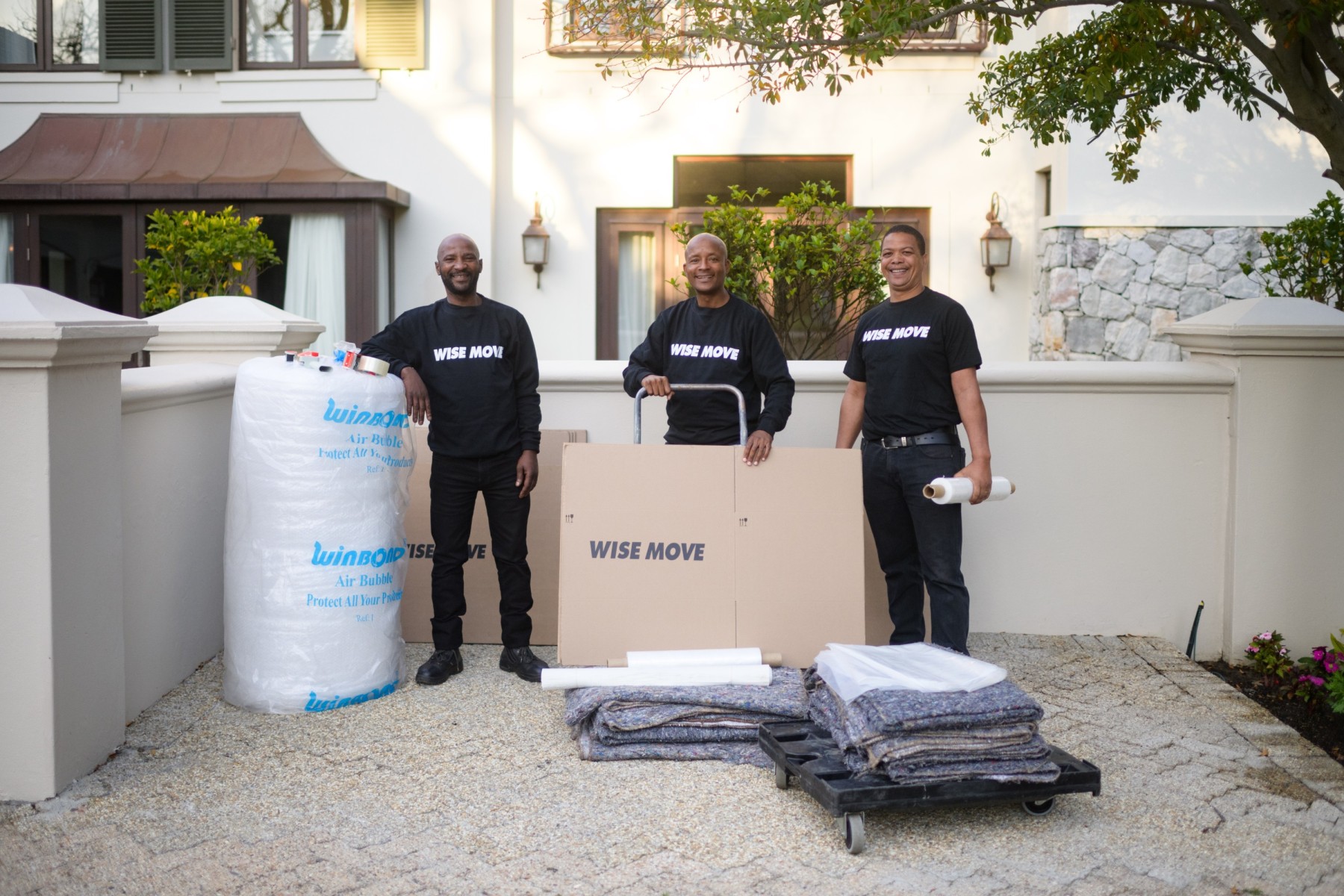

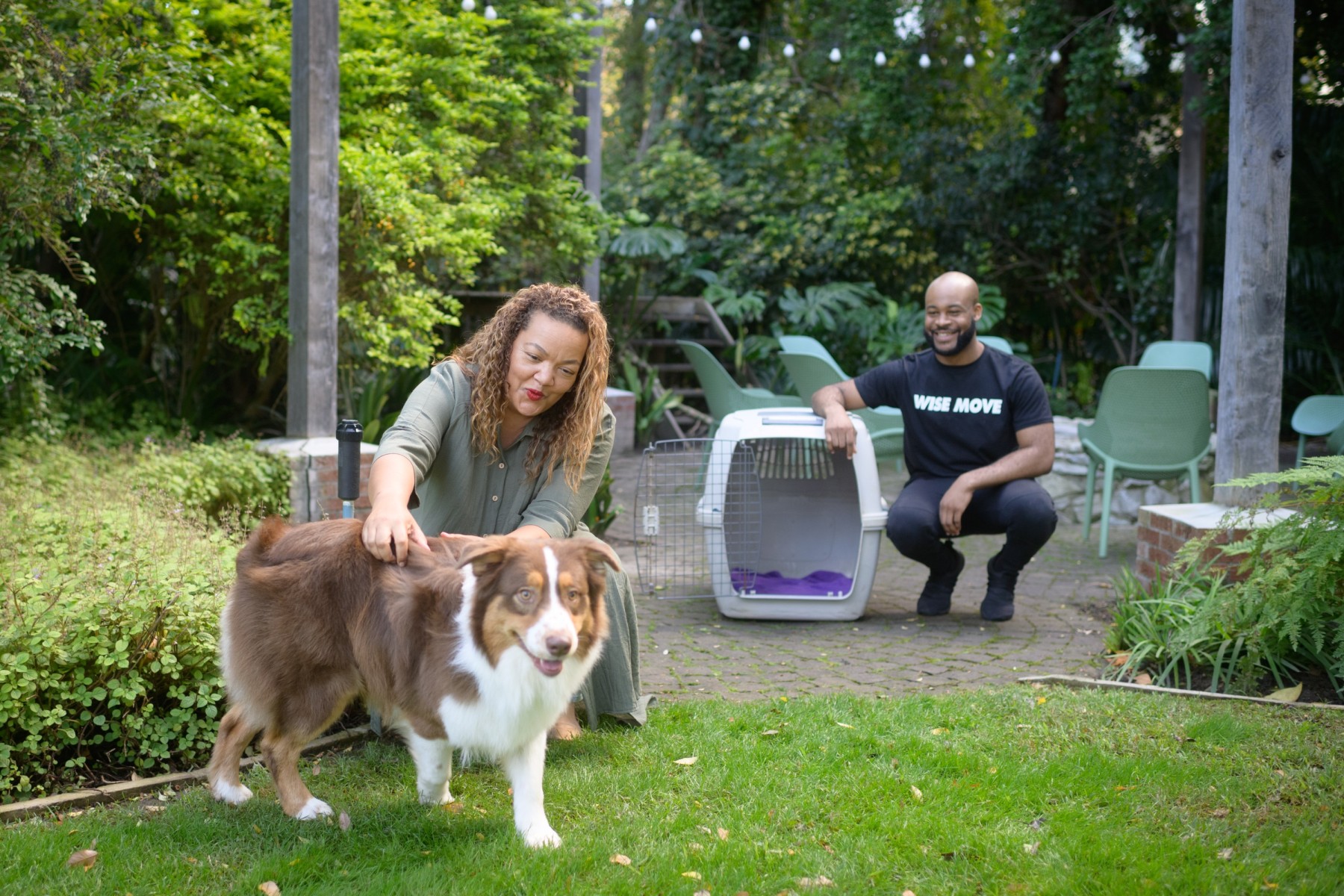

![The Cost of Living in Durban [2025] The Cost of Living in Durban [2025]](https://cdn.wisemove.co.za/image/blog/33d6922f3018eeb43ebed98163e7b2cd.jpeg)
![The Cost of Living in Durban [2025] The Cost of Living in Durban [2025]](https://cdn.wisemove.co.za/image/blog/7a663356e3707723a91cf6b861d58a5a.jpeg)
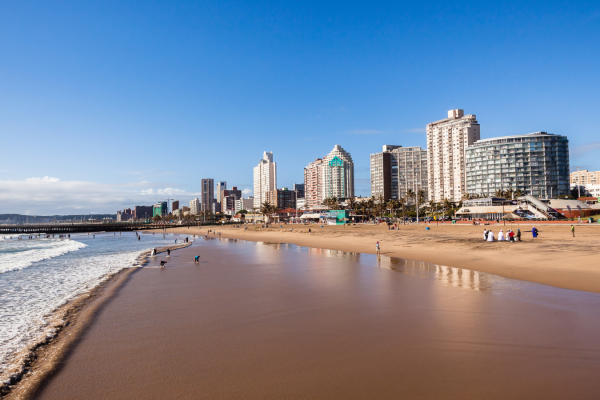


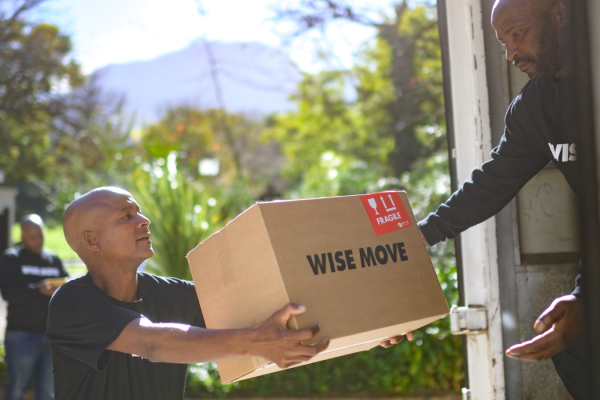



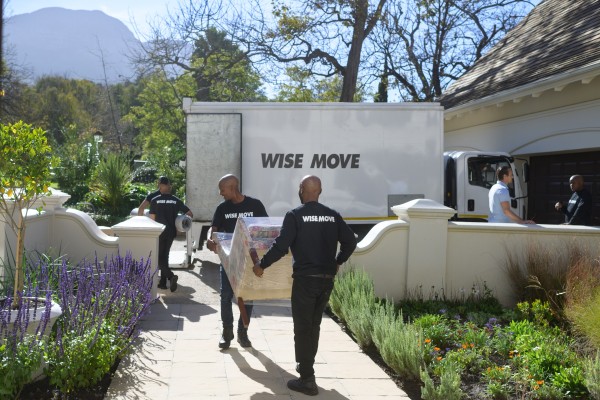
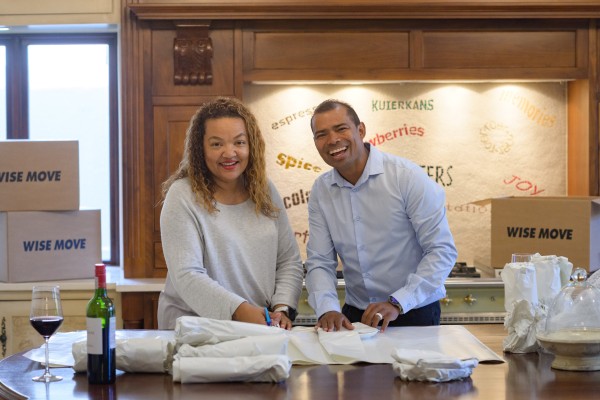

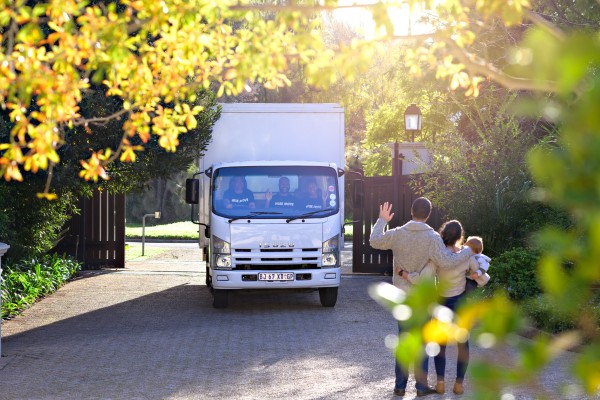

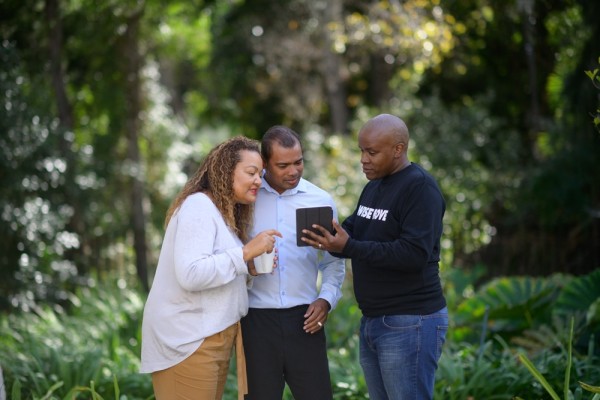
![How Many Moving Boxes Do You Need [Quick Guide] How Many Moving Boxes Do You Need [Quick Guide]](https://cdn.wisemove.co.za/image/blog/f402bbe3e47e09aa41a6d8370888b926.jpeg)
